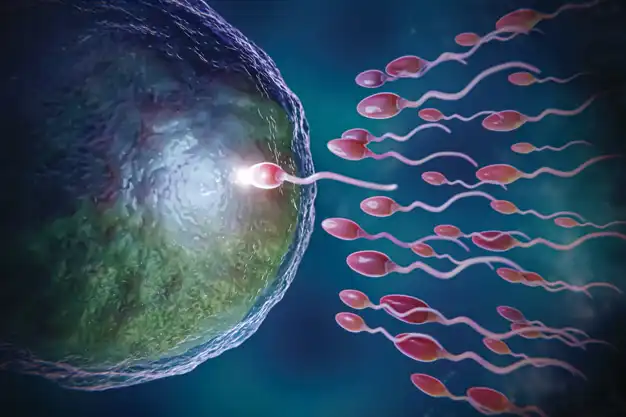 11 Link Road, Lajpat Nagar,
Jalandhar City
11 Link Road, Lajpat Nagar,
Jalandhar City
In assisted reproductive technology (ART), the Intracytoplasmic Sperm Injection (ICSI) approach is enhanced to provide Intra-Cytoplasmic Morphologically-Selected Sperm Injection (IMSI). With an emphasis on choosing the best sperm to inject into the egg, IMSI is an improved version of the traditional ICSI process.
We select sperm with superior morphology with great care through IMSI in an effort to maximize the likelihood of successful fertilization and subsequent embryo development. This method is especially useful when IVF or ICSI procedures have not resulted in healthy kids or when there are serious male factor infertility issues, such as a significantly low sperm count, decreased motility, or abnormal sperm morphology.
With our dedication to providing cutting-edge methods like IMSI, we aim to increase our patients' chances of success and give them the best chance of achieving their desire of beginning or growing a family.


To choose sperm with the best morphology and lower the chance of abnormalities, IMSI uses a powerful microscope. This could increase the rate of conception.

IMSI strives to reduce genetic defects in selected sperm by selecting sperm with improved morphology, which may result in higher-quality embryos.

The careful selection procedure used in IMSI may lead to increased rates of fertilization, increasing the chance of a successful pregnancy, particularly in situations when IVF or ICSI procedures have previously failed.

IMSI treats low sperm count, poor motility, and aberrant morphology, making it beneficial in cases of severe male infertility.

IMSI attempts to reduce the number of sperm that have genetic abnormalities, which may lower the chance that the abnormalities will be passed on to the developing embryos.

IMSI offers a customized approach to treat particular issues related to fertility in individuals or couples.

IMSI may decrease early pregnancy loss and improve pregnancy outcomes by choosing sperm with superior morphology.

IMSI provides a more thorough strategy to address infertility obstacles and is especially helpful in situations when normal IVF or ICSI treatments have previously failed

By selecting sperm with fewer abnormalities, the IMSI's meticulous selection procedure may lower the likelihood of developing problems in the ensuing embryos, thereby resulting in healthier pregnancies.
The procedure starts with a male partner's semen sample being taken. A number of procedures are used to prepare the sperm sample, including washing and choosing motile sperm.
Sperm are examined under a specialized high-powered microscope that can magnify them up to 6000 times their real size. Using this strong magnification, embryologists can study the sperm morphology in great detail and with great care.
Based on sperm morphology, embryologists detect and choose them using a high-resolution microscope. They ignore sperm that have obvious defects and concentrate on selecting sperm with the best possible form and structure.
After the finest sperm has been chosen, a single sperm that has been determined to have the best morphology is meticulously immobilized and then injected straight into the egg (oocyte) using a tiny, specialized needle.
After being injected, the fertilized eggs are allowed to grow and develop by being incubated in a controlled environment. When indicators of successful fertilization appear, which usually happens 16 to 20 hours after the surgery, they are constantly watched.
The quality and development of the developing embryos are evaluated by observation. In an effort to achieve a successful pregnancy, only the best quality embryos are selected for uterine transfer.
Two to five days following the IMSI process, the woman's uterus receives the embryos that were chosen for transfer. A number of factors, such as the woman's age and past reproductive history, influence the number of embryos transferred.
Hormonal support may be administered post-transfer to increase the likelihood of embryo implantation.
When there are signs of severe male infertility, such as a low sperm count, poor motility, or high levels of aberrant sperm morphology, intracytoplasmic sperm injection, or IMSI, is usually advised. This sophisticated method may also be taken into consideration following several unsuccessful IVF or ICSI cycles, especially when there is a clear indication of male factor infertility. Furthermore, IMSI is frequently recommended as a viable remedy to enhance embryo quality for couples who are having repeated miscarriages or implantation problems. IMSI may be used to lessen the possibility of passing on genetic flaws in cases when there is a known risk of genetic abnormalities in the male partner's sperm.

Aarti Hospital 2026. All rights reserved.